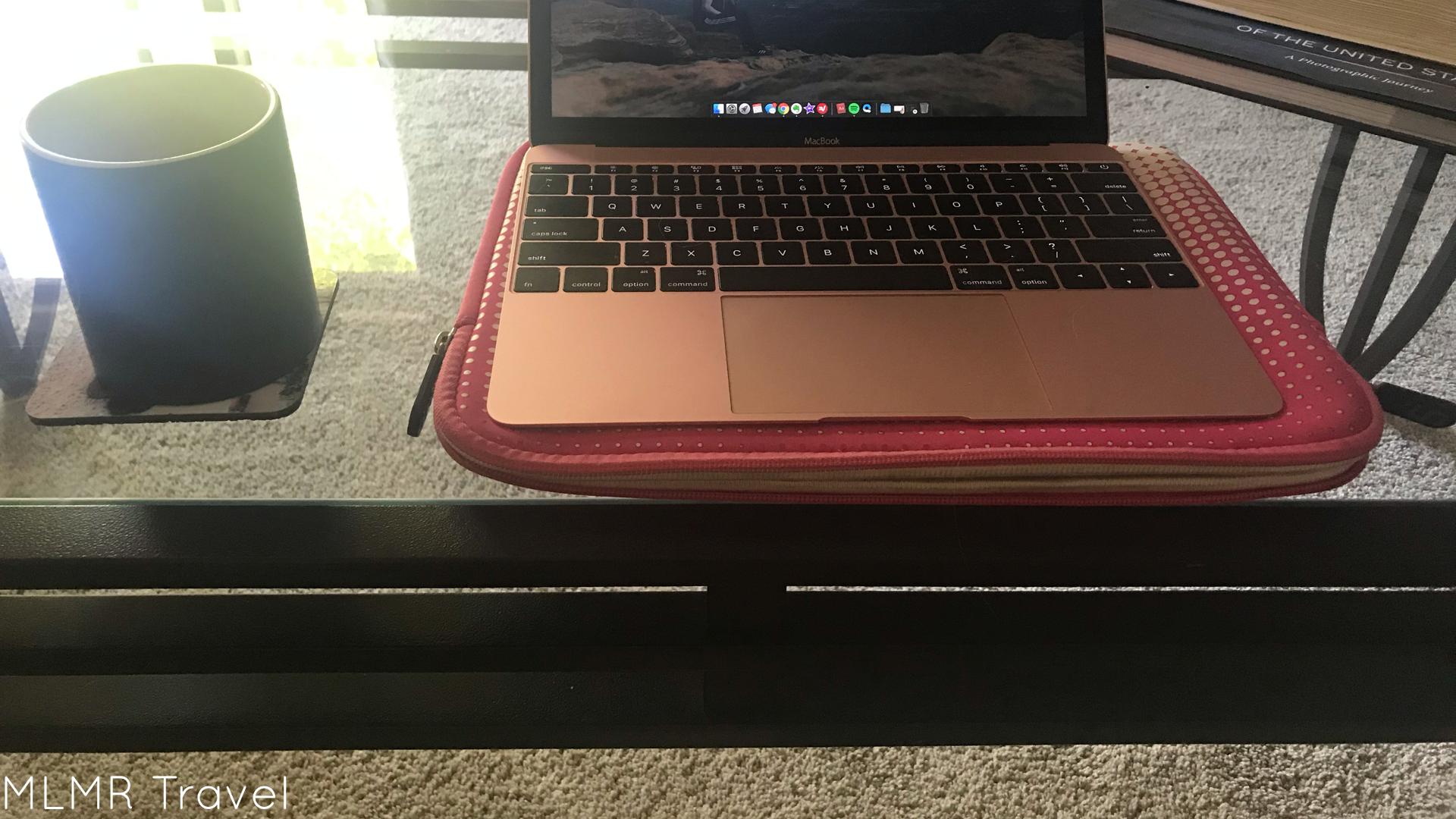Dealing with Student Loans: Strategies for Financial Freedom

Dealing with student loans is one of those things that just sucks. A lot of us are trying to figure out how to manage a pile of student loan debt after graduation.
We are both traveling physical therapists and as such, we went to school for 7 years to get our doctorate in Physical Therapy. Now, you can imagine the number of student loans that can build up in 7 years.
Spoiler alert...it's a lot. As in $170,000.
 We are both happy with our choice to go to college but coming out with that much debt can be exhausting. We love our jobs as it gives us the chance to travel while also helping others but we could have done without all the debt.
We are both happy with our choice to go to college but coming out with that much debt can be exhausting. We love our jobs as it gives us the chance to travel while also helping others but we could have done without all the debt.
So after graduation, we knew coming up with a plan to pay off our student loans was top priority. We sat down, looked at our options and made our student loans more manageable.
What we did to combat our student loans may not be right for everyone, but it was the best fit for us. Hopefully, after reading our process for tackling our student loans, you may have a better idea of how you can better manage yours.
Disclosure: Links throughout the Mindful Nomadics site may make us a small commission at no additional cost to you. See our Affiliate Disclosure for more information.
Contents
Our Loans
Before we get too far into our plan for our student loans, we want to tell you more about where it came from. Even though there's two of us with mountains of debt...its technically just one person's school debt.
Phil’s parents were very kind and paid for his schooling. All 7 years: tuition, room and board, food, etc. Phil also attended The Ohio State University where his parents both worked as physicians, allowing him to get a discount on his already low in-state tuition.
Kelsey, on the other hand, took out loans. She went to a private undergrad school for 4 years and went to a public university for graduate school.
When we got out of school and looked at our loan bill, we were approaching $170,000 with an average interest rate of 6.8%! That's a lot of debt to tackle.
Since $170,000 is a hefty bill, paying off the student loan quickly became one of our main concerns. On the plus side, we paid off our debt fast enough to only pay $180,000.

Options to Repay Student Loans
When we got out of school and looked at our loan bill we decided there were a couple of options on how to repay the loans:
- Go on a 10-25 year loan repayment plan and pay the minimum payment for the next 10-25 years.
- Work for a non-profit company for 10 years, pay the minimum payment for those 10 years and then after that, have the remaining balance of our loans forgiven
- Go on a fixed year loan repayment plan and pay MORE than the minimum payment to pay it off sooner
Option #1
This option means we would be paying a total of $234,000 - $353,000 for our loan! It only cost us $170,000 when we left school but we would pay more than double the amount of money we took out by paying the minimum payment for 25 years.
Choosing to pay the minimum amount on our loan for the next 25 years seemed like a very bad choice. Like a very, very bad choice. So this was out pretty quickly for us.
Option #2
If we chose this option we would have ended up paying back roughly 83% of our original loan. Now, 17% savings is nothing to sneeze at but it does bear noting that if we chose this option, we were not getting our loan forgiven that much.
That 17% is probably roughly the amount of interest we accrued while we were in school so it was mostly interest we were saving on anyways. Plus this solution was a no-go because we don't want to limit ourselves to a non-profit company nor do we want to have to make loan payments for the next 10 years. We want it gone sooner.
Option #3
For this one, we pay off full balance plus acquired interest. However, we pay it off sooner (our goal is within 5 years of graduation) and we pay it off with less interest (our total interest we will have paid above the principal will be roughly 12%).
We know that's a lot of numbers and it might be hard to follow. We want to pay off our loan as soon as we can so that we have the flexibility to live our lives in the future. Therefore, this was the one for us.
Next Step in Dealing with Student Loans
Once we picked our payment option, we decided to start to look into making our loan even more manageable. There are two easy changes you can make with your loans.
- Consolidating
- Refinancing
Consolidating
Consolidating your loans just means you put your loans together and have to pay one loan. This is instead of having somewhere between 4-10 loans that each have their own interest rate, minimum payment, etc. The consolidation of your loans does not change too much about the actual loans.
The consolidation company usually puts your loans together into one lump sum, averages out your interest rate based on balance and interest on that loan as they combine them and they come up with one monthly payment. Now you have one loan balance and one loan interest.
Consolidating seemed like a good idea so we weren't having to worry about undergrad and grad loans being separate. We figured it would make budgeting and keeping track of the loans easier as well.
Refinancing
Refinancing is a whole other beast. What happens with refinancing is that a company takes a look at your loans then decides based on several criteria whether you are worthy of the new loan term.
They might decide that your $170,000 loan at 6.8% interest with a 25-year term can be refinanced to a $170,000 loan at 5% interest with a 5-year term. Or a $170,000 loan at 5.5% interest with a 10-year term. It is kind of dependent on different things like income, credit score, references, etc.
There is no one specific formula that every company uses. After they refinance your loan, they pay the original loan provider a lump sum payment for your loan. Now you owe the new company that sum of money. When you refinance, you can also do a consolidation at the same time.

What Worked for Us
We knew we wanted to refinance because we didn't love our current interest rate. 6.8% might sound good but it is a pretty high-interest rate. We thought we could drop that down at least a percentage point or two.
In the end, we decided to refinance and consolidate our loan all at once. We ended up choosing the 5-year payment plan with a monthly payment of $3,100.
Thanks to our income and high credit score we locked in a new interest rate of 4.74%! Some months we try to pay almost double the minimum payment.
This way we could pay off our student loans by 2019. * UPDATE: We really did pay off our loans in 2019!!!!*
This was the best option for us and we are very glad this the route we chose. By working towards paying off the loans sooner we have more freedom to live the life we want.
Don't worry, paying off your student loans doesn't mean you can't travel. Even with our high loan payments we still live an adventurous life.




